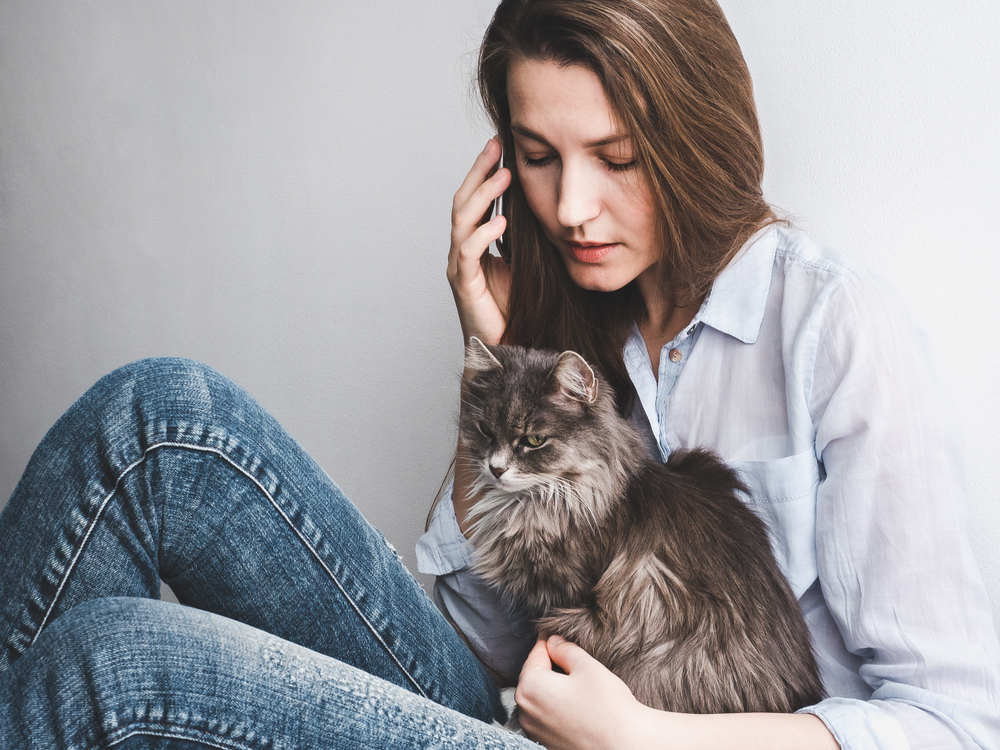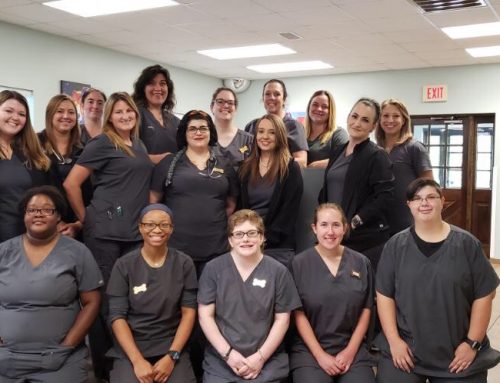As a concerned pet owner, you are likely wondering how the newest coronavirus may affect your furry friend. As parts of the world are locked down to reduce the spread of COVID-19, learn how to best protect your pet and your family from this highly contagious virus. To help make this task easier, here are the most common questions asked about COVID-19 and pets.
Question: Where can I find the most accurate, up-to-date information regarding COVID-19?
Answer: While social media is great for checking out updates on your friends, family, and how much toilet paper is left at the local grocery store, it’s not your best resource for accurate COVID-19 information. For the most current coronavirus research and updates, turn instead to the following animal and human health organizations:
- World Health Organization (WHO)
- Centers for Disease Control and Prevention (CDC)
- American Veterinary Medical Association (AVMA)
- World Organization for Animal Health (OIE)
If you have a specific question regarding your pet’s health, or how COVID-19 may affect her, contact our hospital.
Q: What are coronaviruses, and how common are they?
A: Coronaviruses are a large family of viruses that can infect a multitude of species, including dogs, cats, birds, pocket pets, and people. Some strains are zoonotic, meaning they can be transmitted between animals and people, but most are not, and will only infect one species.
Q: How is COVID-19 different?
A: COVID-19 is a newly discovered coronavirus that is part of a group of betacoronaviruses, which appear to have originated from bats. Patients at the center of the original outbreak in Wuhan, China, had a link to a large seafood and live animal market, suggesting animal-to-person spread. Since then, the virus has changed to spread only from person-to-person, as it roams throughout China and the rest of the world.
Q: I thought pets can get coronaviruses, too. Can my pet get COVID-19?
A: Yes, many species can get coronaviruses, but they tend to be species-specific. For example, if your dog is diagnosed with coronavirus, you will not get the disease. And, all current studies point to COVID-19 being a human disease, so your pets should not become ill. In dogs, two main forms of coronavirus are prevalent—enteric, which causes diarrhea, and respiratory, which has been seen in kennel cough cases. Cats tend to also get an enteric form of coronavirus that causes mild diarrhea, but can lead to severe feline infectious peritonitis, in rare cases.
Q: Wasn’t a dog tested positive for COVID-19 in Hong Kong?
A: Yes, a dog did test weakly positive for COVID-19, but never developed any illness signs while in quarantine, and all further samples eventually tested negative. This dog lived with an owner who was sick with COVID-19 and, while this case appears to be a mild human-to-animal transmission occurrence, multiple health agencies agree that no evidence currently supports that pets can become ill with COVID-19.
Q: Should I get my pet tested for COVID-19, too?
A: A major veterinary diagnostic laboratory tested thousands of canine and feline samples for COVID-19, and found zero positive results. Based on this discovery, and the main transmission route for COVID-19, health officials say pets do not need to be tested at this time.
Q: If I’m sick, do I have to worry about my pet spreading COVID-19 to other people?
A: While the CDC and other organizations agree there is no indication your pet can serve as an infection source for others, they still recommend you avoid handling your pet out of an abundance of caution. If you are ill, and must be your pet’s sole caretaker, wash your hands before and after handling, and avoid hugging, kissing, snuggling, or sharing food with your furry friend. The primary COVID-19 transmission route is person-to-person, but fomites—objects that can be contaminated with infectious organisms and serve in their transmission—can play a secondary role. Collars, leashes, and fur can serve as reservoirs for virus particles, but are unlikely to spread through contact, as the fibrous material traps the virus.
Q: What should I do if my pet gets sick?
A: If your pet exhibits respiratory issue signs, or other health problems, after coming in contact with a sick person, contact us, and your local public health official, for guidance. As the COVID-19 situation is continuously evolving, protocols may change rapidly.
Q: Is Countryside Veterinary Hospital changing its operating policies during this pandemic?

A: While we always want to provide the best of care for your beloved pet, we also want to make sure our human clients remain healthy, and that our staff remains healthy so that they can continue to serve you. We are monitoring the situation and following the recommendations of the CDC, and AVMA, and our local authorities. Please call our hospital if your pet needs care so we can go over the current protocol and deliver the care your pet needs.
During these times of turmoil and stress, we are here for you. If you have any questions regarding your pet’s health, or COVID-19—give us a call.








Leave A Comment